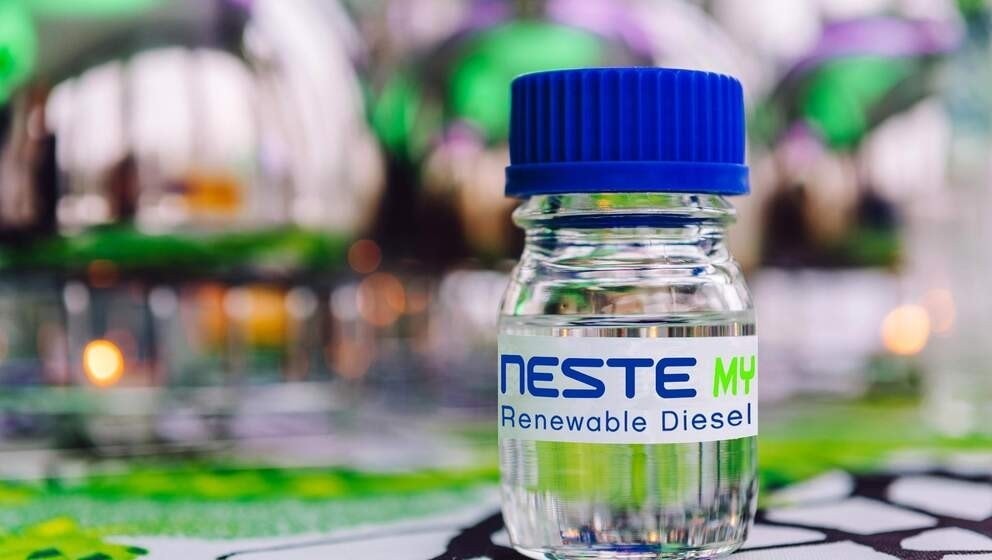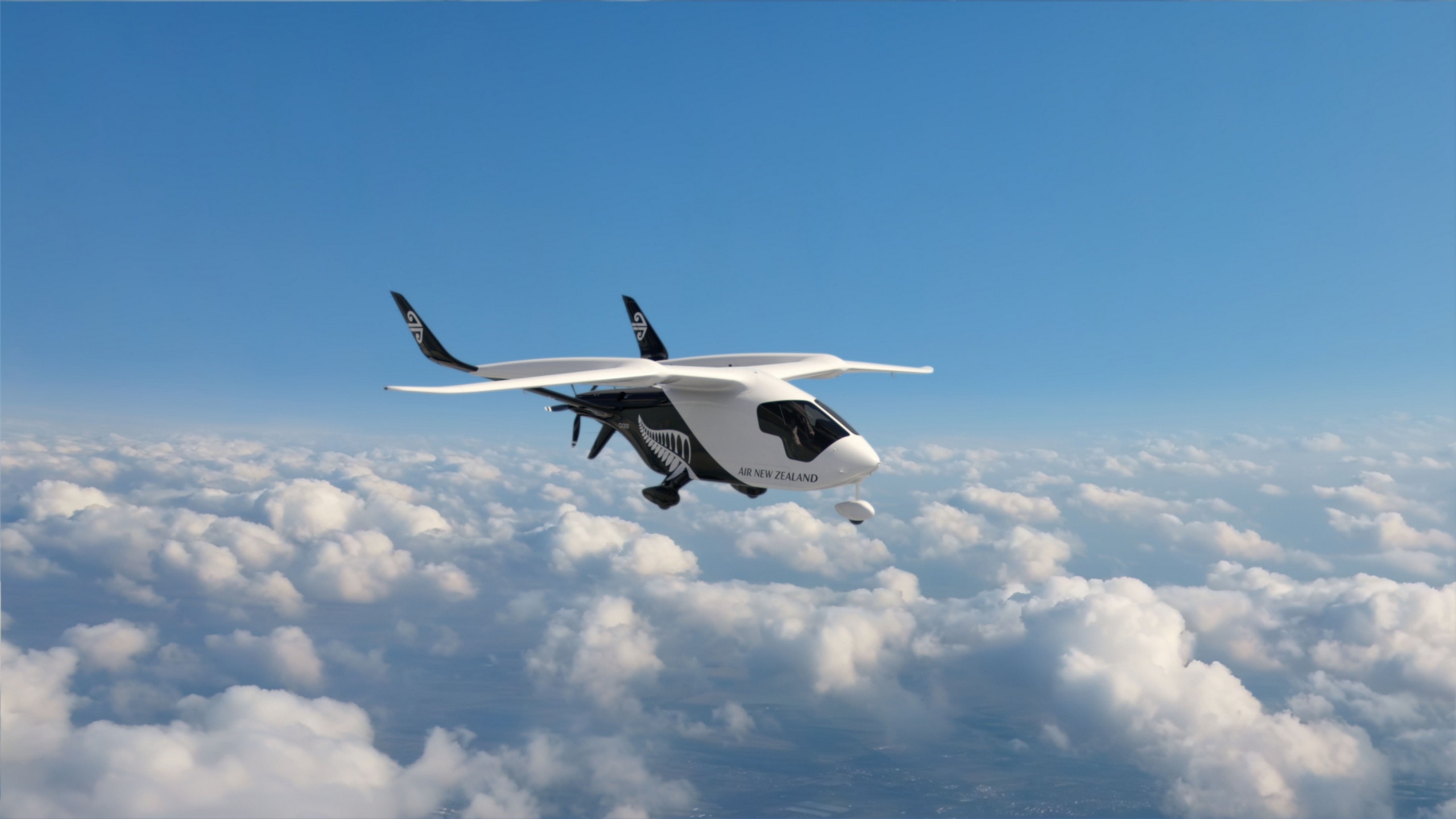Air New Zealand’s recent acquisition of 500,000 liters of sustainable aviation fuel (SAF) for its Wellington hub marks a significant stride towards more environmentally friendly air travel in New Zealand.
While this shipment represents a positive step, it also sheds light on the hurdles that need to be overcome for the widespread adoption of SAF.
The fuel, produced in China from recycled cooking oil, highlights the challenge of limited local production, as it requires transportation over a long distance before reaching New Zealand.
Despite its limitations, this delivery is sufficient to power roughly 165 domestic flights between Auckland and Wellington.
New Zealand’s heavy reliance on air travel, both domestically and internationally, underscores the pressing need for sustainable solutions within the aviation industry.

Airlines like Air New Zealand face increasing pressure to implement greener practices, driven by a combination of public demand and stricter regulations on emissions.
However, the biggest obstacle remains the limited global supply of SAF, which currently falls well short of 1% despite recent production growth.
In response, airlines are now locked in a global competition to secure reliable supplies of SAF. This is evident in Air New Zealand’s proactive approach, having secured a deal earlier this year with Neste, a major SAF producer, for an additional 9 million liters.
The high cost and limited availability of sustainable aviation fuel (SAF) pose significant roadblocks to the aviation industry’s transition to cleaner operations.
Recognizing this challenge, several countries, including Australia and New Zealand, are taking proactive steps to establish their own domestic SAF production capabilities.
This in-house approach offers a two-fold advantage: firstly, it guarantees a dependable source of SAF to support regular flights powered by this alternative fuel.
Secondly, domestic production bypasses reliance on external suppliers, potentially leading to a significant reduction in costs. This strategy not only addresses the current limitations but also paves the way for a more sustainable future for air travel.

